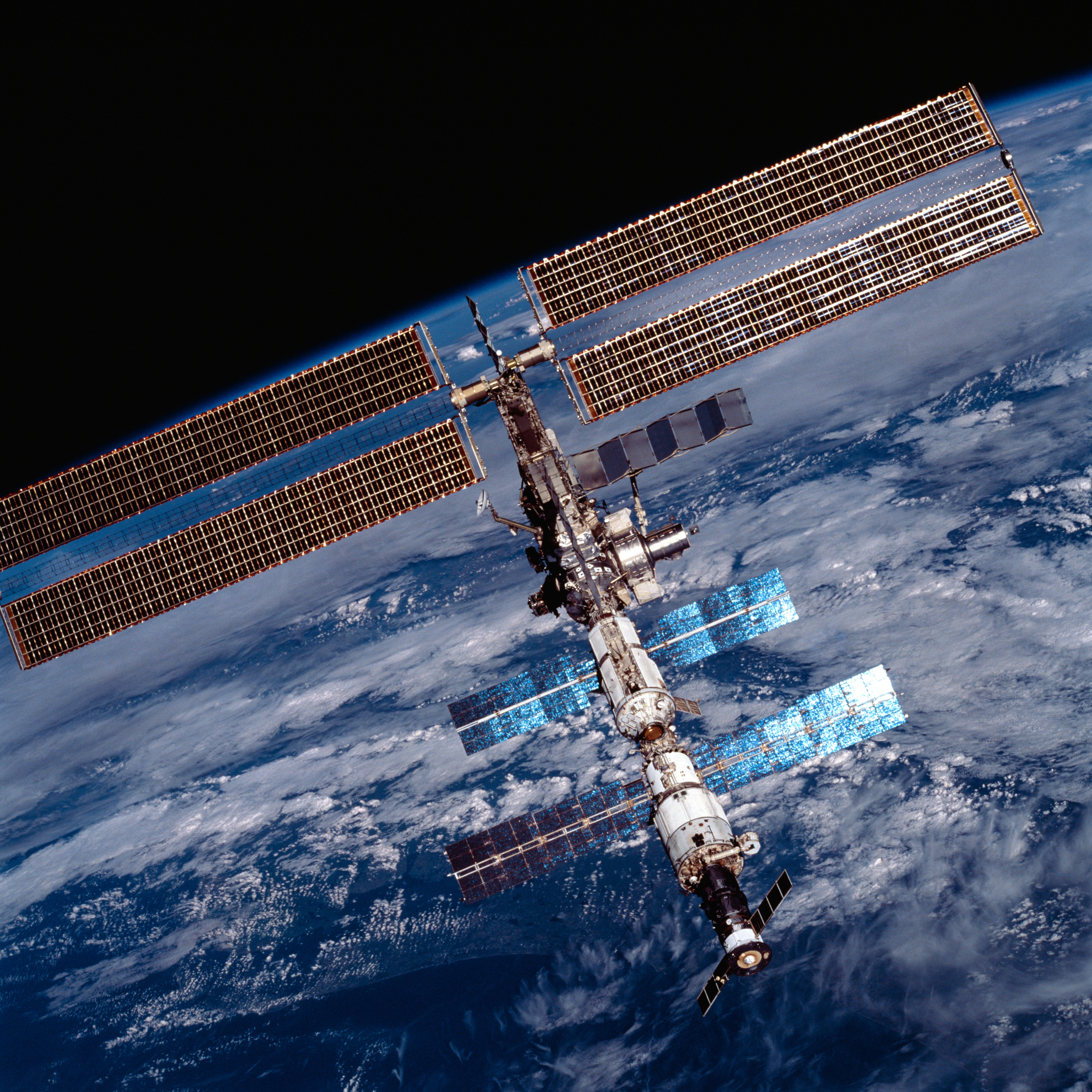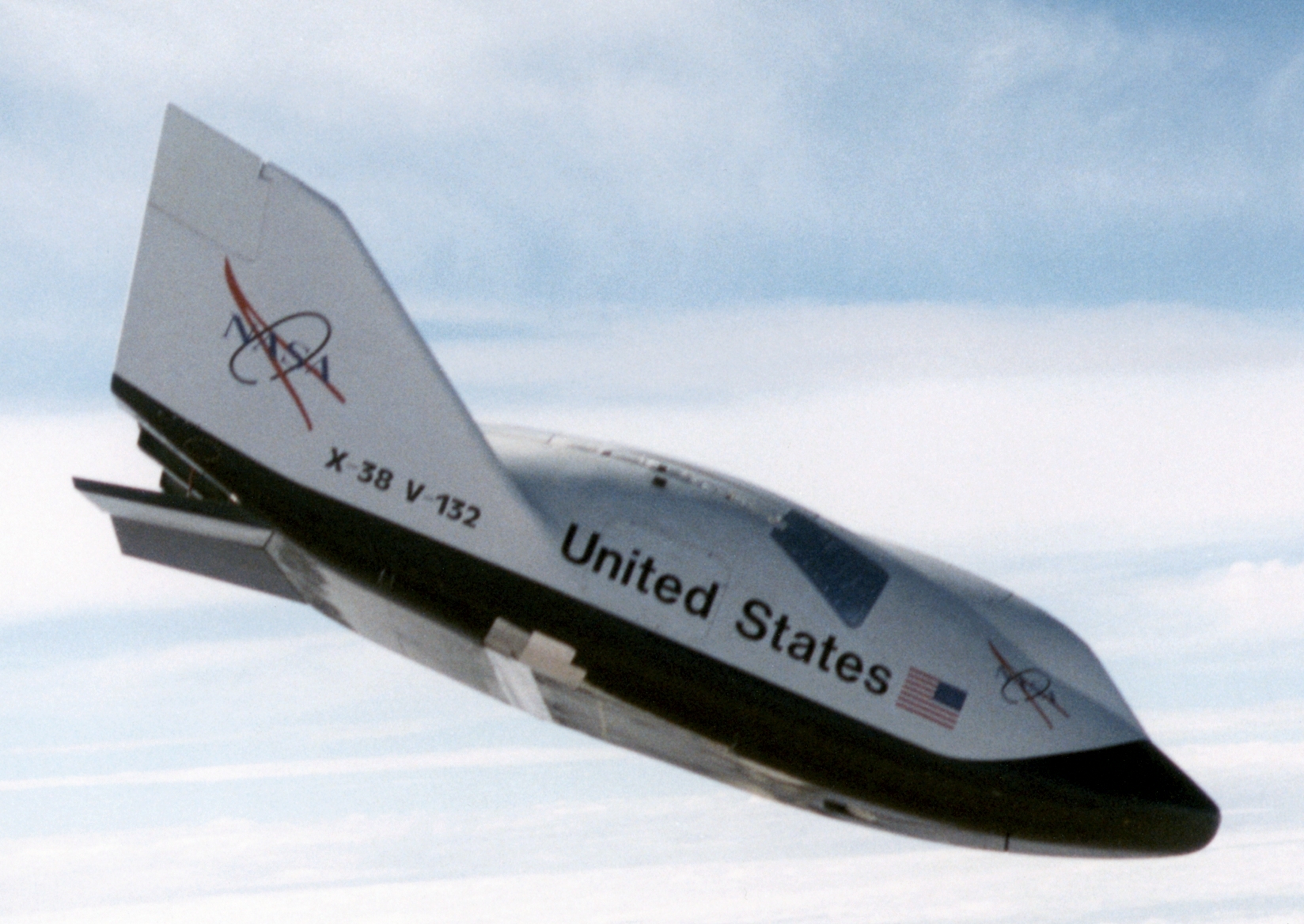
Spaceships to the rescue


[...]
Radiation
Without the protection of the Earth's atmosphere, astronauts are exposed to higher levels of radiation from a steady flux of cosmic rays. The station's crews are exposed to about 1 millisievert of radiation each day, which is about the same as someone would get in a year on Earth, from natural sources.[195] This results in a higher risk of astronauts' developing cancer. High levels of radiation can cause damage to the chromosomes of lymphocytes. These cells are central to the immune system and so any damage to them could contribute to the lowered immunity experienced by astronauts. Over time lowered immunity results in the spread of infection between crew members, especially in such confined areas. Radiation has also been linked to a higher incidence of cataracts in astronauts. Protective shielding and protective drugs may lower the risks to an acceptable level, but data is scarce and longer-term exposure will result in greater risks.[36]
Despite efforts to improve radiation shielding on the ISS compared to previous stations such as Mir, radiation levels within the station have not been vastly reduced, and it is thought that further technological advancement will be required to make long-duration human spaceflight further into the Solar System a possibility.[195]
It should be noted, however, that the radiation levels experienced on ISS are not excessively greater than those experienced by airline passengers. The Earth's electromagnetic field provides almost the same level of protection against solar and other radiation in low Earth orbit as in the stratosphere. Airline passengers, however, experience this level of radiation for no more than 15 hours for the longest transcontinental flights (London-Sydney or Chicago-Delhi). For example, on a 12 hour flight from Boston to Beijing, an airline passenger would experience 0.1 millisievert of radiation, or a rate of 0.2 millisieverts per day, only 1/5th the rate experienced by an astronaut in LEO.[...]http://en.wikipedia.org/wiki/ISS#Radiation








0 Comments:
Post a Comment
Subscribe to Post Comments [Atom]
<< Home